How Dr. Gladys is Working to Protect Both the Gorillas and the Humans of Uganda
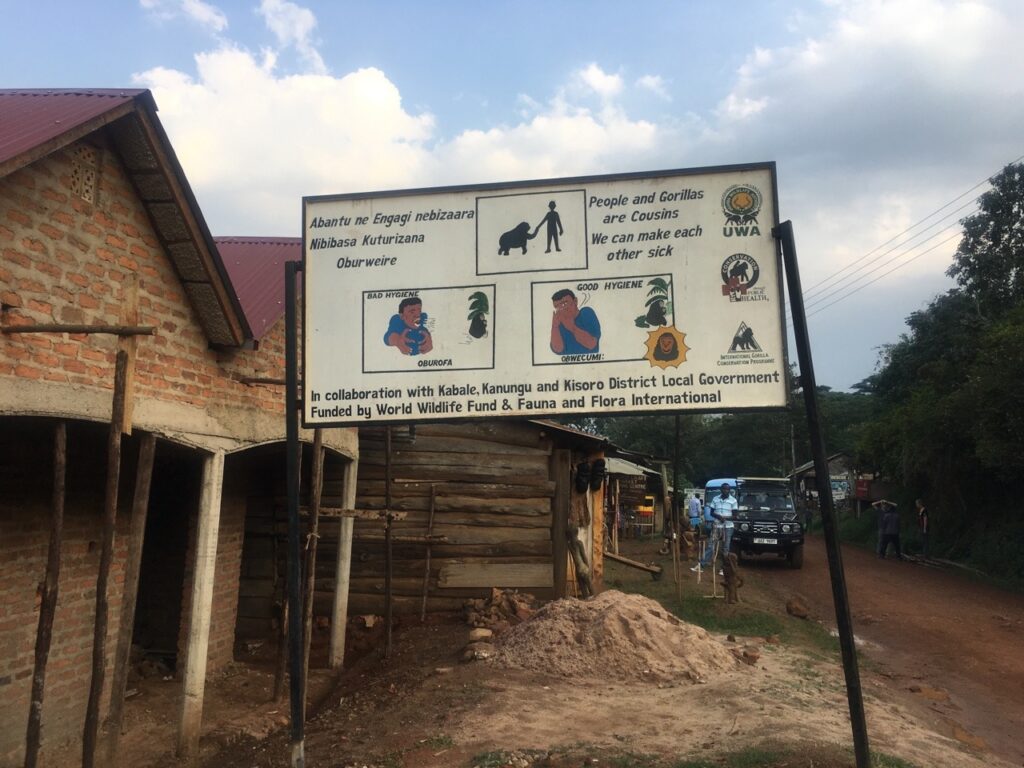
Ugandan veterinarian Dr. Gladys Kalema-Zikusoka
was the first wildlife veterinarian in Uganda. There are only 800 mountain gorillas in the world. Four hundred of them are in Bwindi Impenetrable Forest, and the rest are in other forests in Uganda, Rwanda, and Democratic Republic of Congo.
Building Living Walls to Protect Wildlife
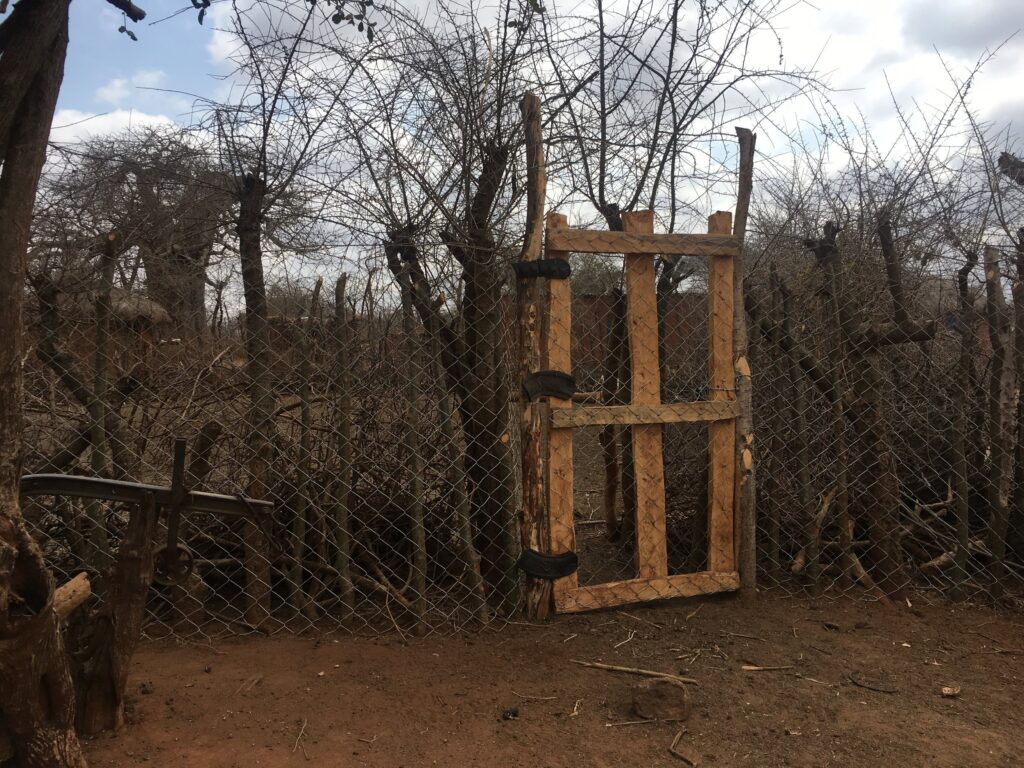
WINGS Managing Director Yael Jekogian visits with African People & Wildlife,
an organization that partners with local communities to encourage and establish practices, programs and life-styles that allow humans and wildlife to thrive living side-by-side. One of APW’s signature programs is establishing living walls to mitigate conflict between humans and wildlife.
Saving the Lion Population in Kenya and Tanzania with the Lion Guardians
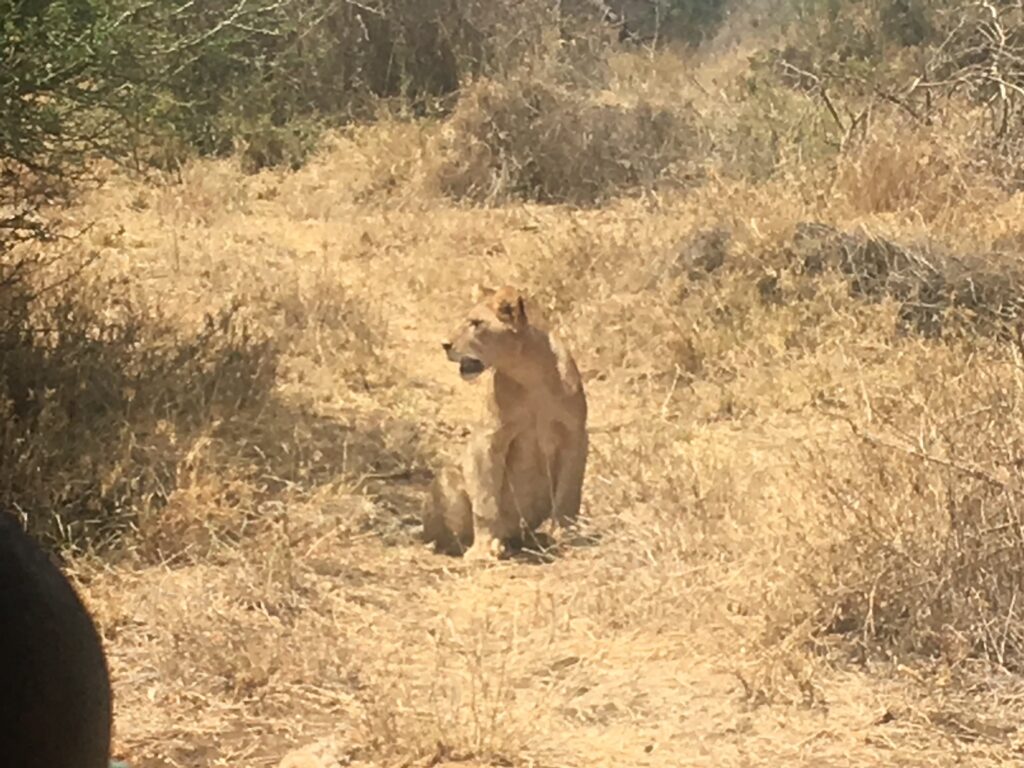
Founded in 2007 by Leela Hazzah and Stephanie Dohreney, the Lion Guardians work with members of the Maasai tribe to promote coexistence with the lion population.
Since the Lion Guardians have been working in this region the past eight years, the lion population in Selenkay has grown from two to 40.
Returning Wildlife to their Natural Habitat With Freeland Brasil
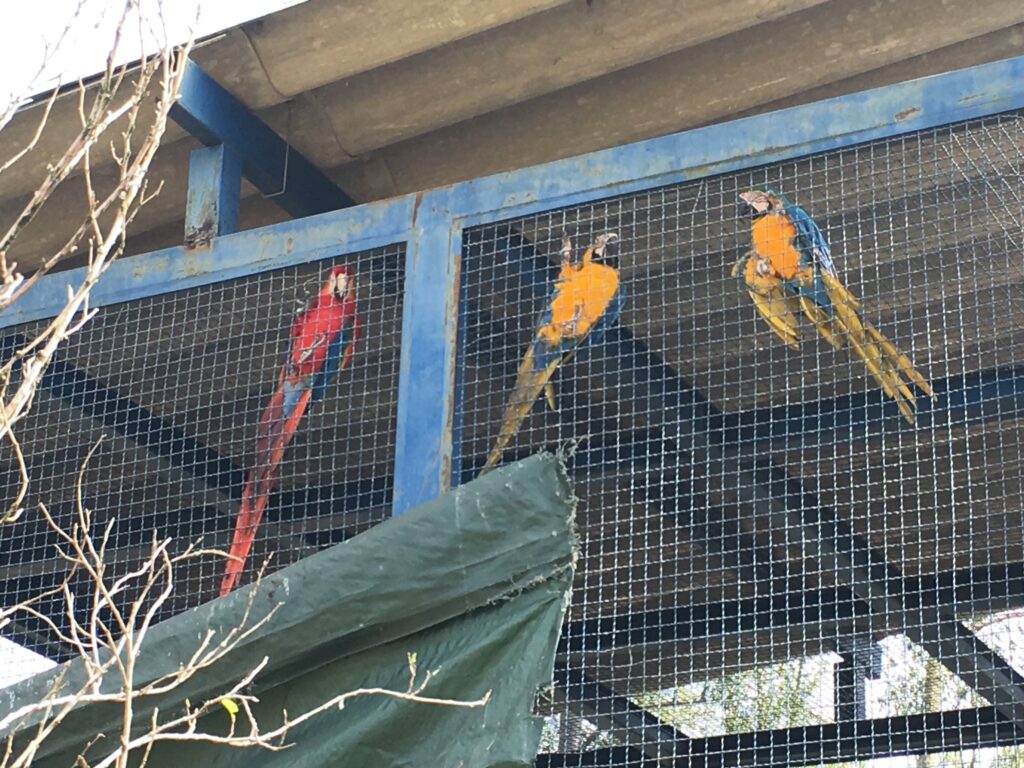
Through her organization, Freeland Brasil, Dr. Juliana Machado Ferreira is helping the Center for Wildlife Management and Conservation
return wild animals to their natural habitats after they’ve been seized from poachers, traffickers or illegal pet holders.
Poachers and traffickers capture the animals because they are extremely valuable on the black market. The United States is one of the prime destinations for illegal South American wildlife, keeping the demand for this criminal and lucrative practice high.
Edie Widder Featured in PBS Documentary
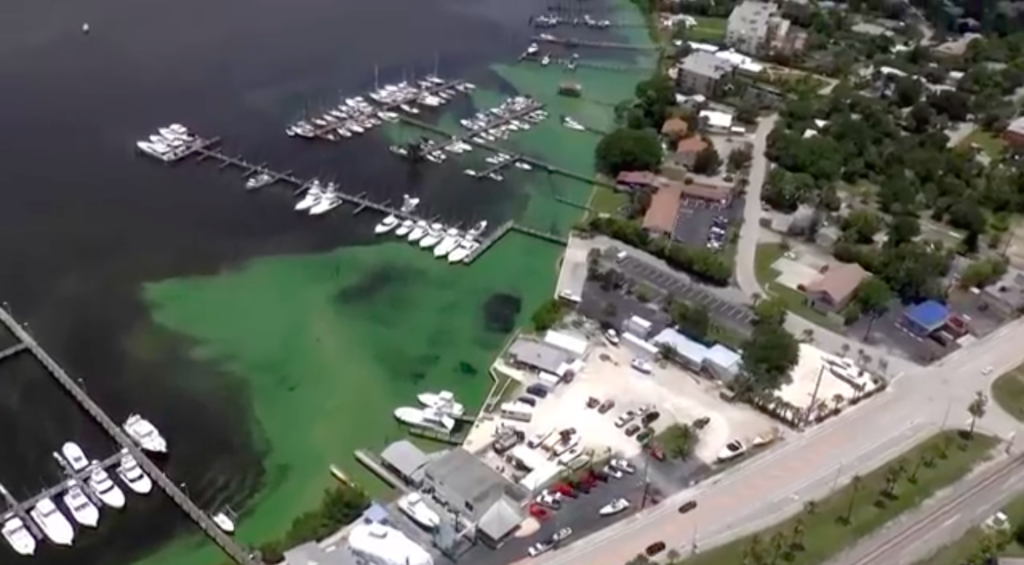
Oceanographer and WINGS Fellow Edie Widder
is featured in a new PBS documentary about the toxic algae blooms that plague Florida’s Lake Okeechobee.
Constanza Ceruti wins ISWG Gold Medal Award
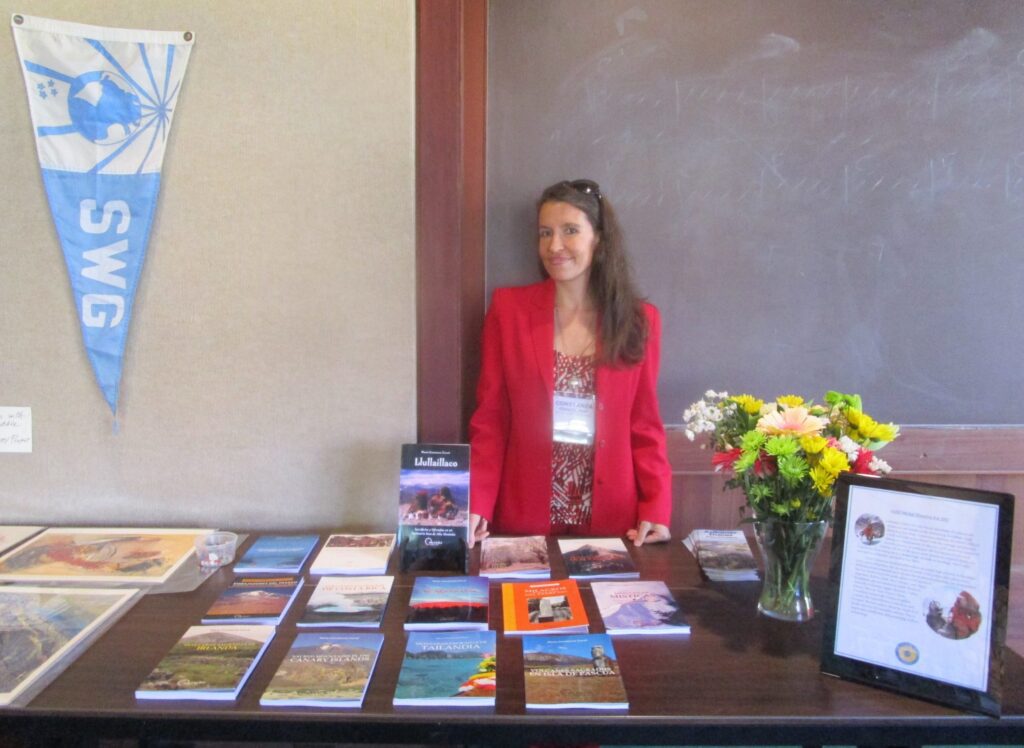
The International Society of Woman Geographers
presented WINGS Fellow Constanza Ceruti, an Argentinian anthropologist, with the Gold Medal award during the organization’s Triennial Meeting in May, the theme of which was “Women Who Make a Difference in the World.”
Working to Save Ethiopia’s Church Forests
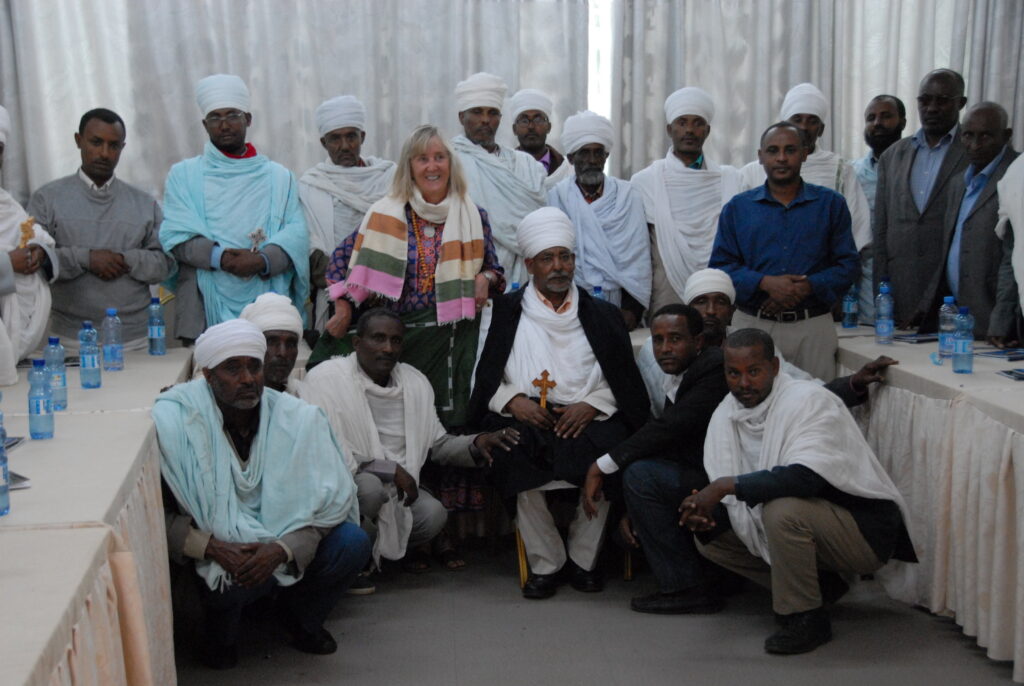
Margaret “Canopy Meg” Lowman recently returned from Ethiopia where she was working with local Coptic priests to expand the Church Forest Project, an effort to conserve the country’s remaining forests.
Ninety-five percent of the forests there have been depleted, making her mission an urgent one.
Extraordinary Women Who Connect People to Nature
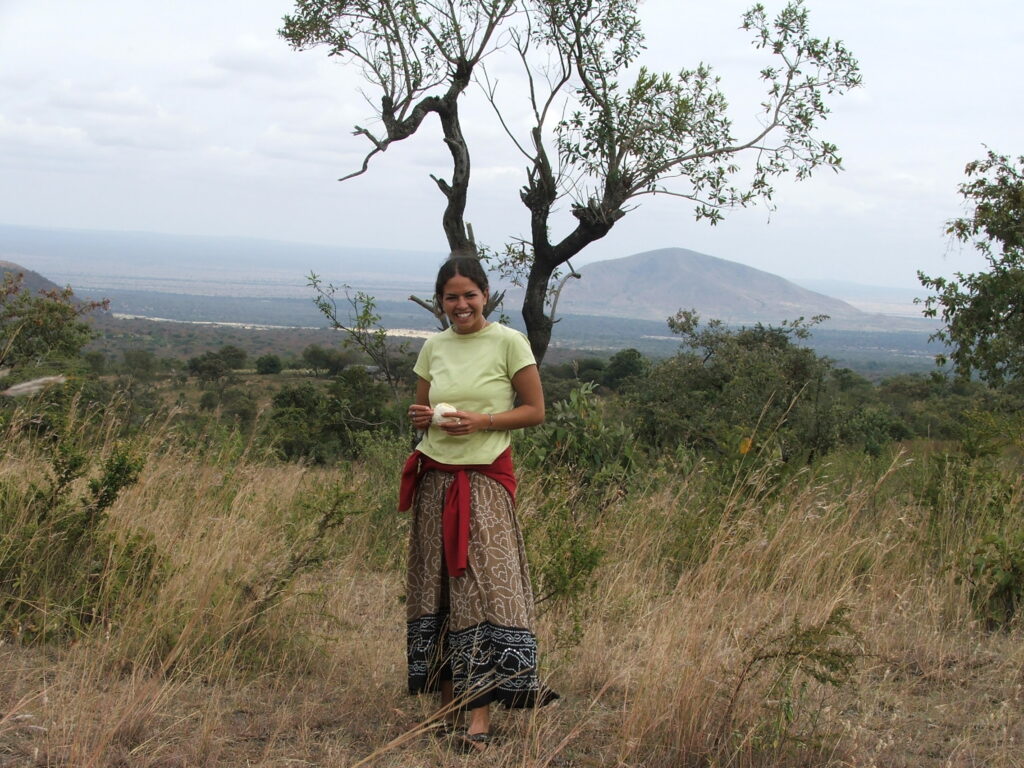
World Environment Day is a global event with the goal to encourage action and awareness for the protection of the environment.
This year the theme is “Connecting People to Nature – in the city and on the land, from the poles to the equator.’” To celebrate, we’re sharing the work of five WINGS WorldQuest Fellows who actively work to help their communities connect to the environment.
Learning About the Land From Papua New Guinea’s Soabesi Clan
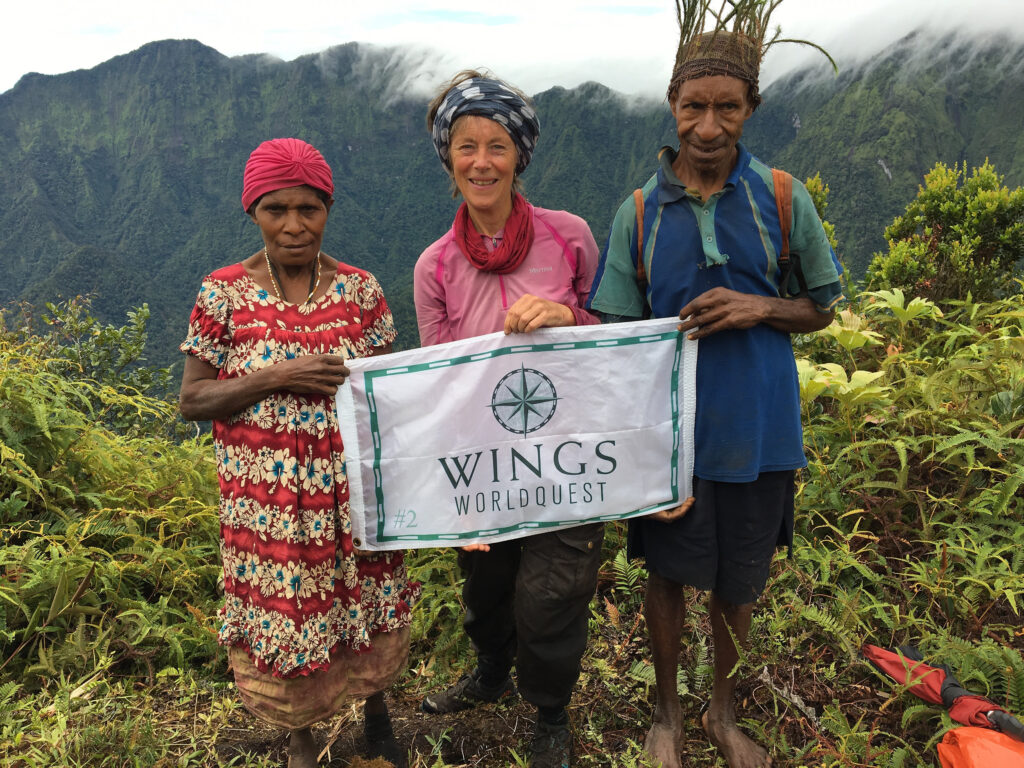
For three days, explorer Arita Baaijens and her guide hiked through dense, muddy and mountainous tropical rainforest
until they reached Seane Falls, a hamlet of about 90 inhabitants who make up the Soabesi clan.
Baaijens, who won the WINGS Humanity Award in 2014, lived with the Soabesi for two-and-a-half months, from November to February, as part of her Living Landscapes series, in which she seeks out wisdom from cultures who live close to nature.
WINGS as an Agent of Connectivity
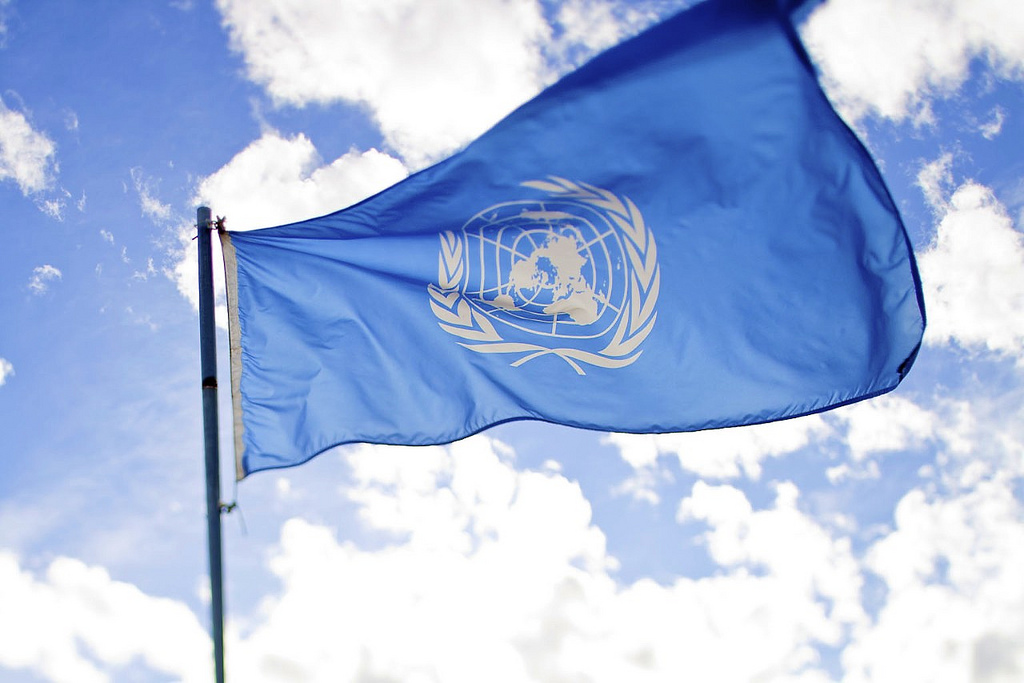
WINGS Fellows are more than just scientists.
They are entrepreneurs, innovators, and leaders in their respective fields – which is why WINGS’ Managing Director Yael Jekogian recently spoke at the Women in Innovation and Connectivity conference as part of the United Nations Economic and Social Council’s Science, Technology and Innovation Forum.